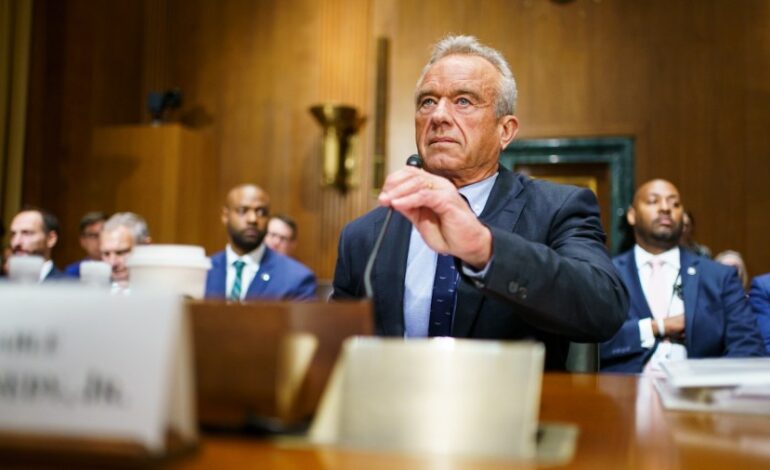Health Concerns in America Highlighted by Divisive Discourse

Recent discussions surrounding health issues in the United States have intensified, revealing a troubling trend characterized by what some are calling “Kennedy Derangement Syndrome.” This term reflects a polarizing approach to public health debates, where partisan rhetoric often overshadows meaningful discourse about the well-being of the American population.
The phrase itself, while contentious, points to a significant divide in how health matters are approached. Many argue that a more balanced conversation is essential, one that draws from historical lessons and focuses on the health of citizens rather than political agendas. In this context, former President John F. Kennedy could serve as a symbolic figure advocating for a return to rational dialogue.
Rethinking Health Discourse
There is a growing call among public health advocates to reassess how health policies are discussed in the public sphere. Instead of allowing partisan biases to dictate the narrative, experts highlight the need for a collaborative approach that prioritizes the health of all Americans. This involves considering scientific evidence and public needs over political gain.
Kennedy, who famously championed healthcare reform during his presidency, represents a time when health discussions aimed to unite rather than divide. His legacy serves as a reminder of the importance of bipartisan efforts in addressing pressing health issues. Advocates argue that returning to this model could help mitigate current health crises, which have been exacerbated by divisive political rhetoric.
The Impact of Partisan Debate on Public Health
The consequences of this divisive approach are evident in various public health metrics. For instance, recent reports indicate that over 30 million Americans lack health insurance, a number that has remained stagnant amid ongoing political battles over healthcare reform. Furthermore, the COVID-19 pandemic exposed significant disparities in health outcomes, often correlating with political affiliation.
The public’s trust in health authorities has also suffered due to the politicization of health recommendations. Misinformation and conflicting messages have led to confusion about vaccination and preventive measures, further complicating the response to health crises. Health experts emphasize that restoring trust requires a commitment to transparency and a focus on shared goals rather than political victories.
Public discourse must evolve to reflect the urgency of these health challenges. Engaging all stakeholders, including policymakers, health professionals, and the community, can foster a more inclusive dialogue. This approach not only honors Kennedy’s vision but also aligns with current best practices in public health communication.
In conclusion, as the United States grapples with its health challenges, the call for a more reasoned and less partisan discussion is more pressing than ever. Embracing a united front based on evidence and collective well-being could pave the way for effective solutions that benefit all Americans. Recognizing the legacy of leaders like John F. Kennedy may provide valuable insights into how to navigate this complex landscape, ultimately ensuring that health takes precedence over politics.






